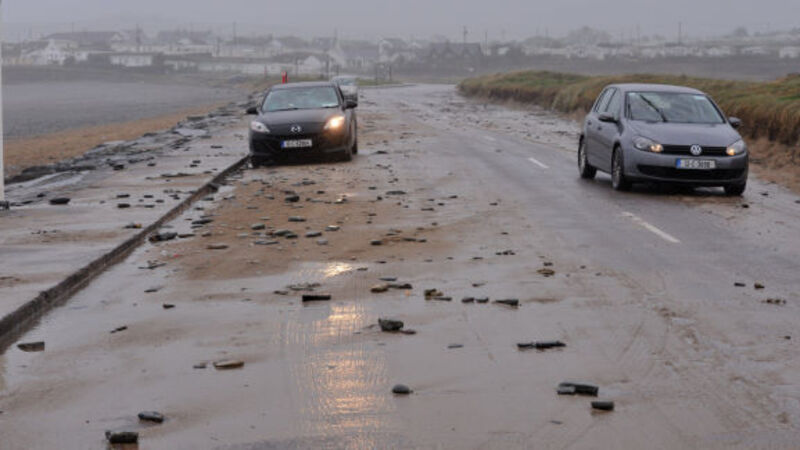Flooding fast becoming an election issue - Winter storms

And given the lack of government preparedness for such eventualities, it is hardly surprising that rivers are bursting their banks, inundating farmland, flowing down the main streets of towns, causing the evacuation of families from their homes, swamping shops and other businesses with floodwater and sewage, and putting lives at risk.
For years scientists have predicted extreme weather conditions as the inevitable result of global warming caused by fossil fuel emissions and greenhouse gases from sources such as power stations burning oil, gas or coal, plus car and truck exhaust from petrol and diesel, and also the flatulence of an estimated 6.6 million dairy and beef cattle and 4.7 million sheep.











